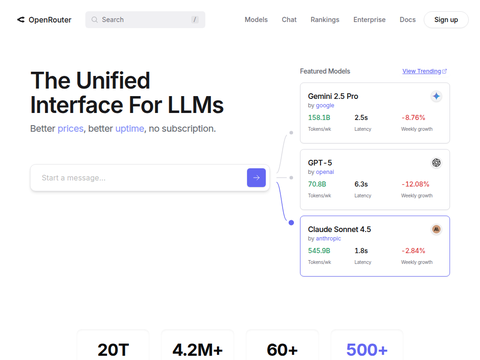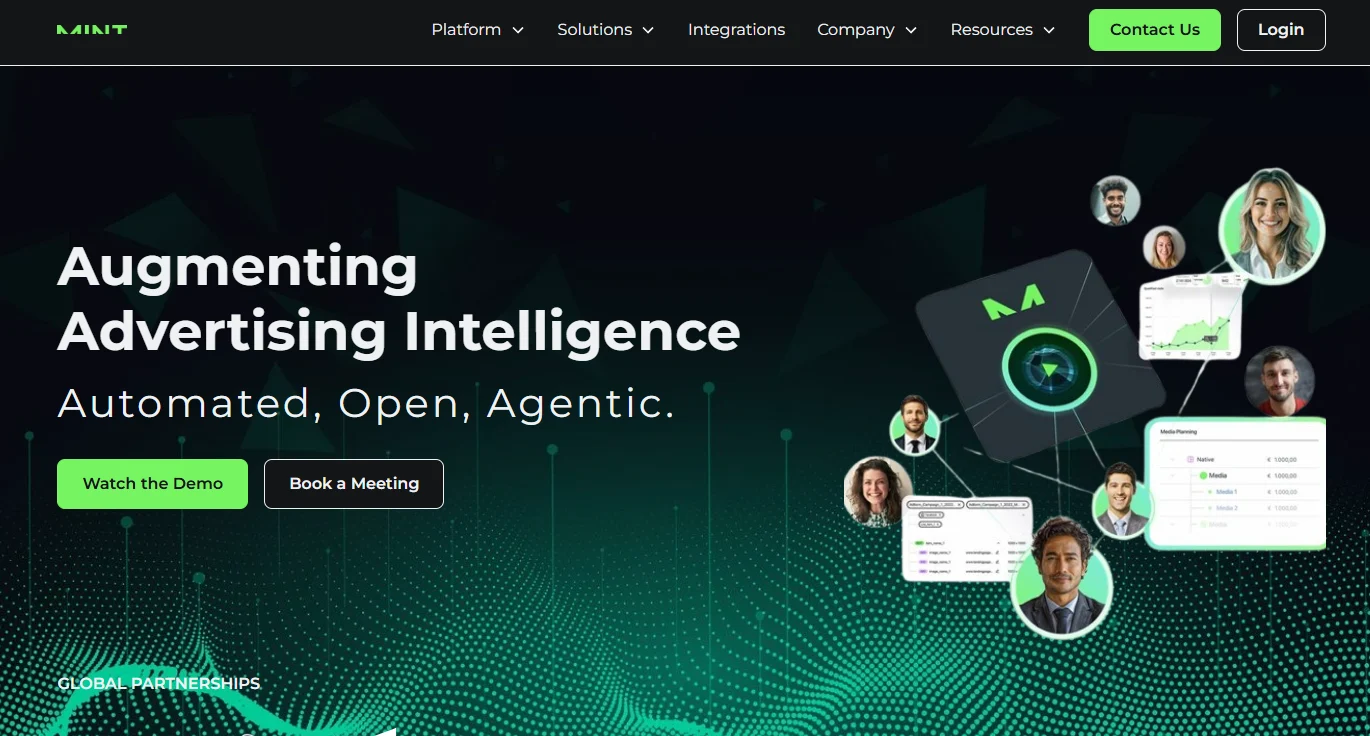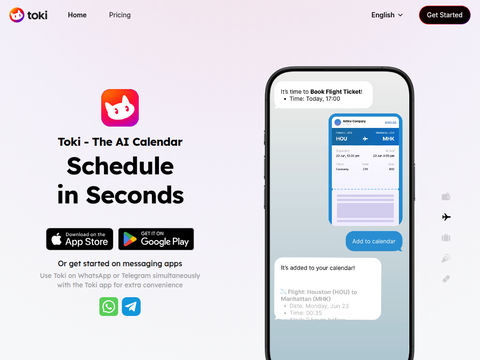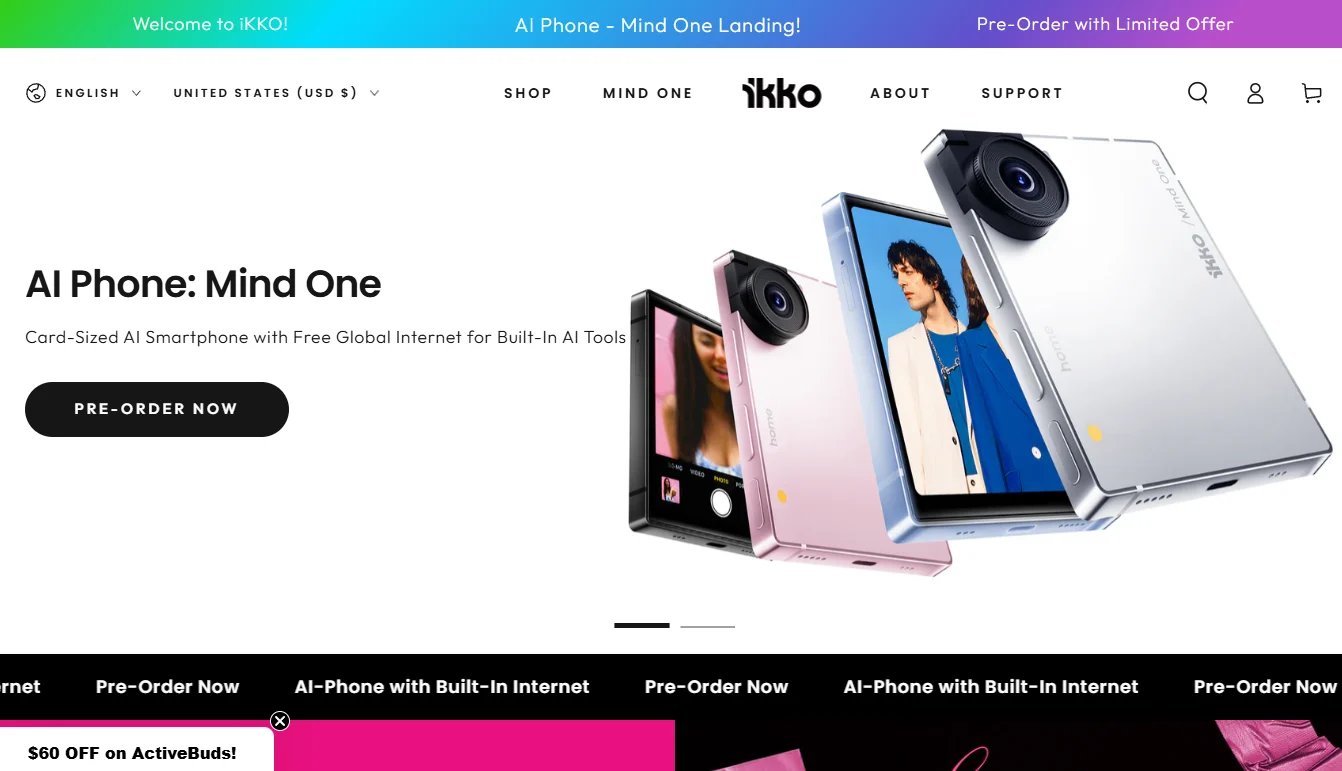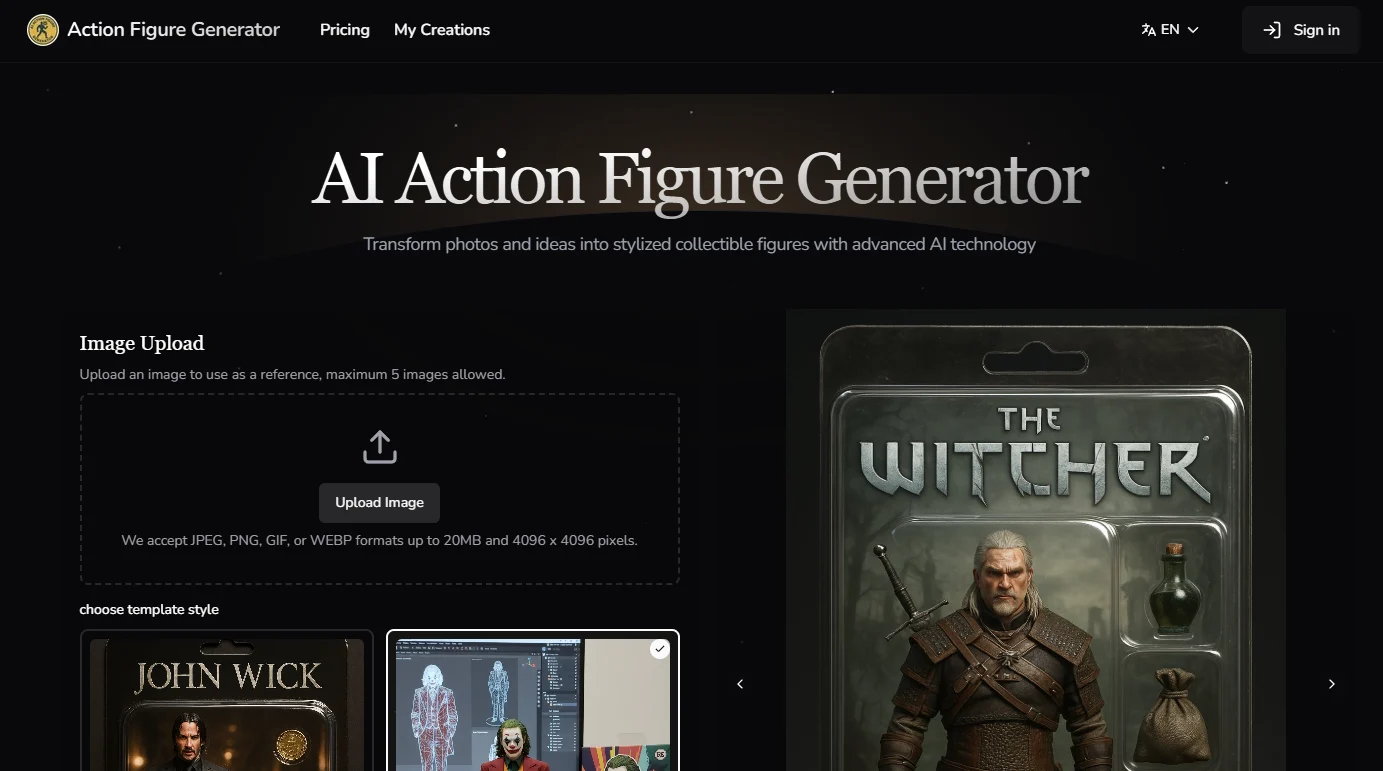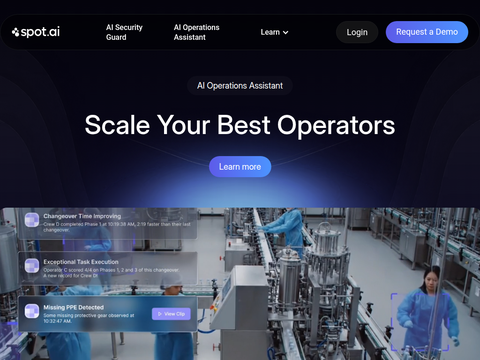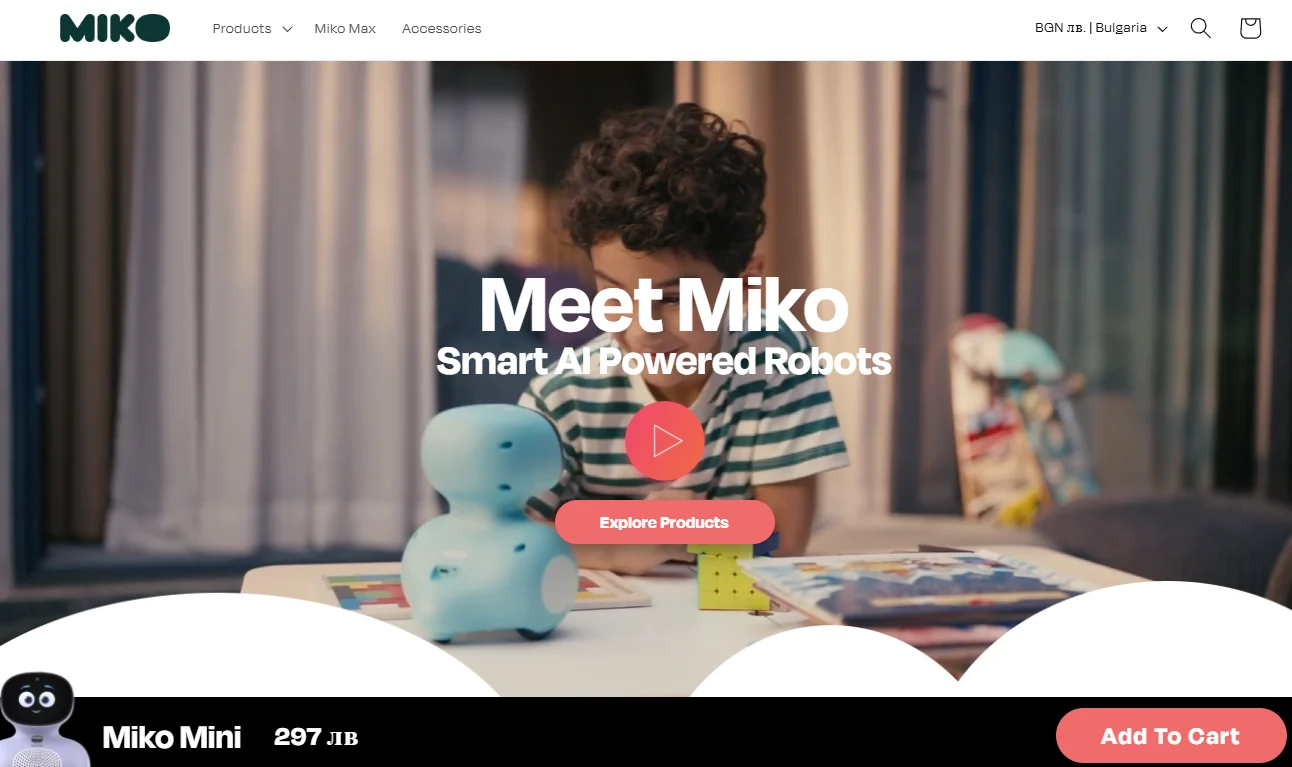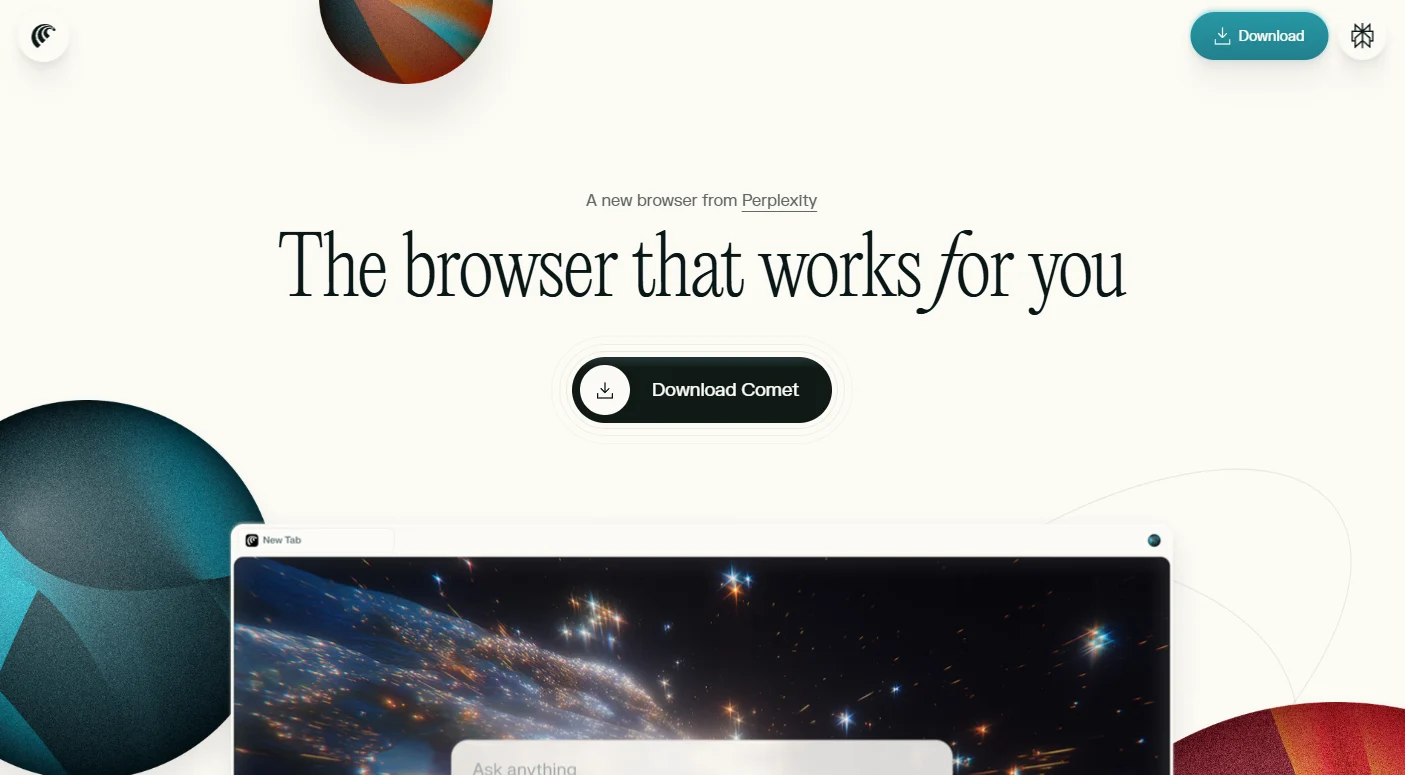Although Google is recognized as a frontrunner in artificial intelligence, a business school professor claims the company is not yet positioned to dominate this technological shift.
In an article shared with Quartz, Howard Yu, a professor of LEGO Management and Innovation at IMD Business School, stated, "While Google has pioneered new avenues in artificial intelligence, Meta is more likely to achieve tangible outcomes."
As the head of the Future Readiness Center, Professor Yu believes the primary reason lies in the differing business models of the two companies. He notes, "Google's fundamental business model—characterized by straightforward search and link clicks—is being weakened by AI. In contrast, Meta's advertising ecosystem is being strengthened by artificial intelligence."
For instance, following Apple's introduction of the App Tracking Transparency feature, which requires iOS applications to seek user permission for tracking activities, advertisers are no longer able to monitor users' purchasing behavior post-ad exposure. However, Meta's AI-driven advertising system has been able to swiftly adapt to this change. Professor Yu stated, "The predictive models of tech giants outperform the traditional tracking systems."
Furthermore, Meta leverages AI technology to convert items in social media images and videos into purchasable products, effectively "blurring the lines between content and advertising." The company not only generates ad inventory but also transforms all content into potential advertising space.
Through its collaboration with EssilorLuxottica in launching Ray-Ban Meta smart glasses, Meta's strengths in AI have not posed a threat to its existing operations.
In contrast, when integrating AI into its products, Google must carefully avoid jeopardizing its search business. This is because Google's search revenue relies on simplicity, profiting from directing users to click on links that generate advertising income. AI chatbots, however, can answer user queries directly, reducing the need for users to visit ad-heavy webpages.
Google's other AI initiatives, such as NotebookLM, have also "failed to significantly bolster its primary revenue streams."
Due to "robust momentum from active investments in AI, impacting nearly all aspects of its operations," Meta ranks third in the Future Readiness Center's preparedness metrics, trailing only Nvidia and Microsoft. Alphabet, Google's parent company, holds the fourth position in this ranking.

